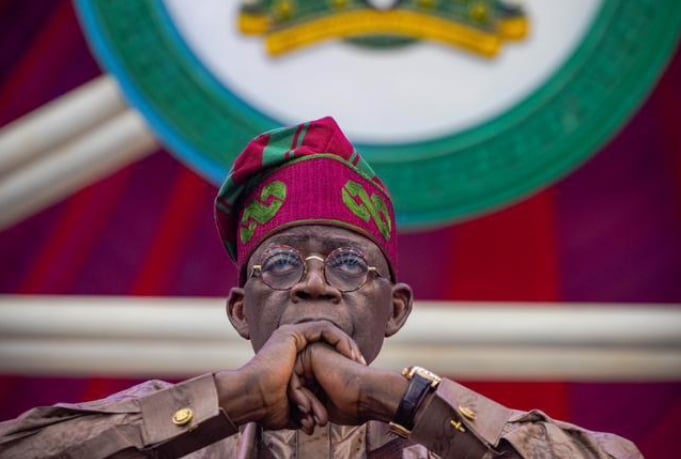Vivian Ezeonwumelu, a disability activist, has decried the stigmatisation of children with albinism and called for special care for them.
On Thursday, she advocated for inclusive education that will cater for the needs of affected children.
She lamented that the kids experience many challenges which negatively impact their education and well-being.
“Children with albinism are not given enough time or patience to capture what they see on the whiteboard or blackboard by the teachers. This brings about learning disability in children,” Ezeonwumelu said.
Advertisement
“There is also stigmatisation among their peers and even parents.”
She added that coupled with the learning disability, the children might have to repeat classes and this affects them negatively.
She also noted that parents who can’t afford quality education withdraw their children from schools and leave only those who are very intelligent to be educated.
Advertisement
“Another challenge is the skin cancer issue. When a child with albinism has health challenges, they cannot go to school and no one seems to care about that.
“For instance, a child with albinism can suffer skin cancer, preventing them from going to school. Some that are done with school even face employment challenges and the society stigmatises them because of their skin colour.”
The activist, who is a Mandela Washington Fellow recommended that the Nigerian government should emulate other countries that provide special care for children with albinism.
“There are some policies that the government must implement to assist children with albinism. Schools should allow children with albinism to wear hats to school. The hats will protect them against sun rays.
Advertisement
“They must be allowed to wear long sleeves to school and they should be provided with sunscreens to protect their sight, umbrellas, lip balm and other items to aid their learning.”
She also suggested training for teachers to enable them to cater for children with albinism well.
In addition, she noted that planting trees in schools is important to create shades where the kids can play, as this will enhance an inclusive and conducive educational system.
Advertisement
Add a comment






